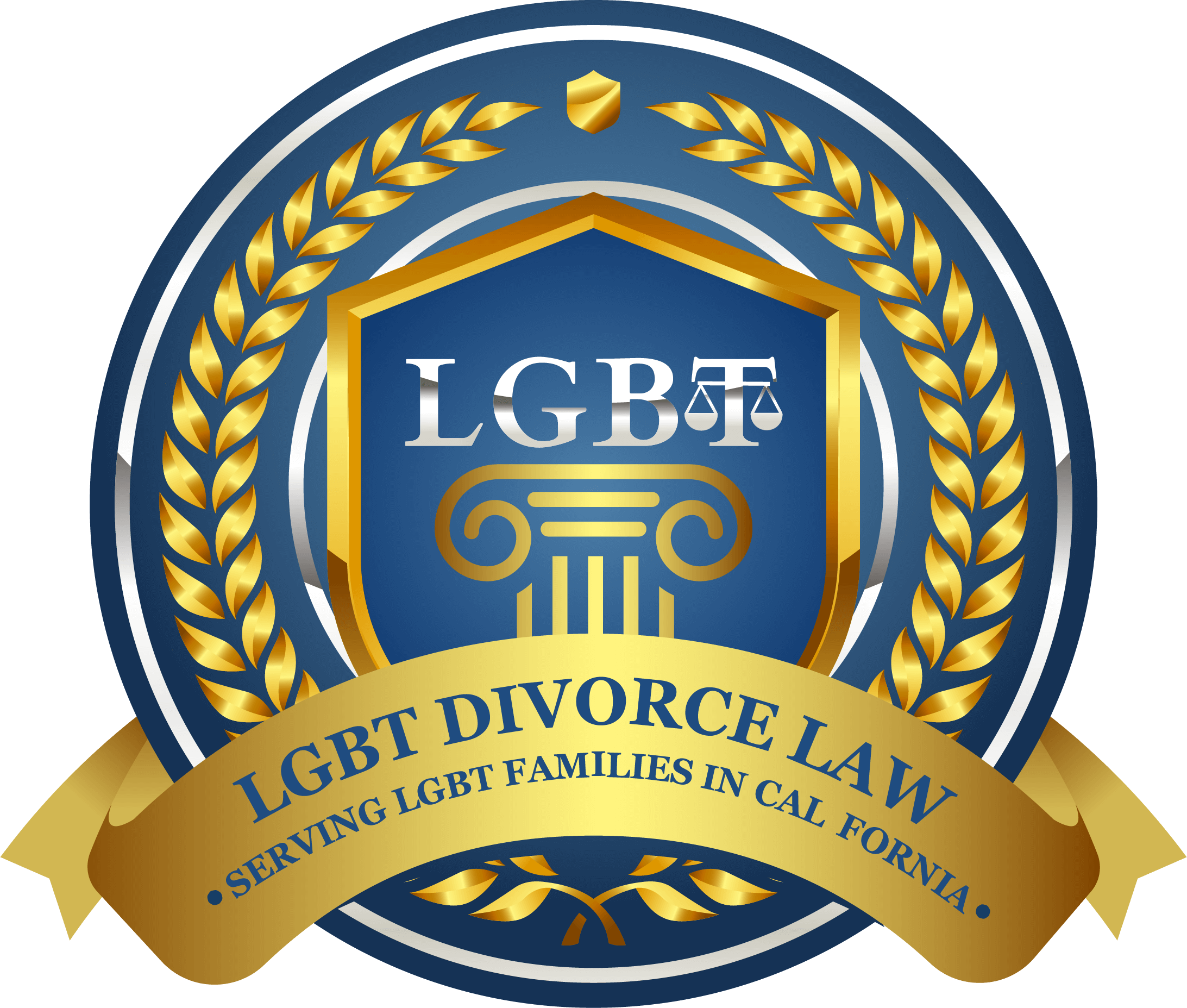Kick-off: Setting the Stage
Let us consider Alex and Jordan, a couple who have been longing to start a family. Despite their love and stability, they encountered legal obstacles due to their gender. Their journey was challenging, with doors closing as quickly as they knocked. However, their determination never faltered. After months of navigating adoption laws, they finally welcomed their daughter, Mia, into their lives. This story is a testament to the triumph of love and persistence over adversity. This text serves as a guide through the legal landscape that LGBT parents may face when dealing with adoption and custody laws. It is important to note that while the journey may be tough, the outcome is undoubtedly worth every step.
Legal Landscape: A Snapshot
The legal landscape pertaining to LGBT adoption and custody is as heterogeneous as the population it serves, with significant regional variations. In some states, parents who identify as LGBT are accorded the same rights as parents who identify as straight. In some cases, however, there are still legal obstacles that complicate the path to parenting. For example, several jurisdictions and nations let LGBT couples to adopt together, acknowledging both people as the biological parents from the beginning. On the other hand, LGBT people living in states with more restrictive legislation could have to deal with a maze of legal obstacles, such as first adopting as a single parent and then going through extra legal processes to get joint custody rights. Because of this patchwork legal system, an LGBT family’s chances of being adopted or gaining custody might vary greatly depending on where they live. It is important to comprehend this legal landscape, and getting advice from a knowledgeable family law expert or LGBT divorce attorney may provide priceless insights and support all through the process.
Adoption Process for LGBT Parents
While joyful and exhilarating, the adoption process for LGBT parents sometimes requires cautious maneuvering through a maze of legal and administrative procedures. First and foremost, would-be parents need to educate themselves on their local adoption regulations. These laws may specify whether the couple may adopt together or whether the pair must adopt alone, with the potential to adopt a second child later on. Choosing an adoption agency or route, whether via the government, a commercial agency, or an overseas adoption, is usually the first step. Selecting an agency that is LGBT-friendly and cognizant of the particular obstacles LGBT candidates have is crucial.
The process of home study then starts. This thorough assessment, which often involves parenting courses as well as background checks and interviews, determines if the adoptive parents’ home setting is appropriate. Locating a home study service that takes a sensitive and impartial approach to their evaluation is essential for parents who identify as LGBT. The next step is documentation, which calls for the careful collection of both personal and legal material. This stage may be especially difficult since it may reveal other obstacles, such the necessity for legal counsel from an LGBT divorce attorney, particularly in areas with less tolerant legal environments.
Another level of intricacy is added by international adoption, as different nations have different policies regarding LGBT adoptive parents. The youngster will need patience and the guidance of seasoned specialists to navigate foreign rules and the U.S. immigration procedure.
LGBT parents may have particular difficulties when following these procedures, such as dealing with organizations that have discriminatory practices or navigating legal ambiguities in their area. In order to get past these obstacles and go one step closer to welcoming their kid home, parents may benefit from the advice and support of an experienced adoption attorney as well as the togetherness of the LGBT parenting community.
Custody Considerations in LGBT Families
Custody disputes may be highly emotional and complicated, particularly in LGBT couples where parental rights may not be legally recognized in the same way. LGBT parents who divorce face a complex legal environment that is often shaped by the legal recognition of each parent’s parental bond to the kid. For example, the non-biological parent may have trouble obtaining custody or visiting rights if one parent is the kid’s biological parent and the other has not formally adopted the child. Here, a child custody lawyer’s experience is crucial in defending the parent’s rights and the kid’s best interests.
When it comes to LGBT families, legal precedents are very important in determining custody choices. Regardless of biological links, courts are increasingly taking into account the emotional and psychological relationships that a child has with both parents. This changing legal viewpoint, which recognizes the variety of contemporary family forms, is a major step in the right direction.
The early legal acknowledgment of both parents, for example via joint adoption or second-parent adoption, is another crucial component. These legal actions guarantee that the rights of both parents are upheld and provide a strong basis in the event that custody disputes subsequently develop. But the law is always changing, so what is true in one place may not be true in another. For this reason, it is crucial to get legal advice from a knowledgeable child custody attorney who is conversant with LGBT family law.
How Legal Changes Are Shaping the Future
Important legislative developments and court decisions in recent years have had a big influence on adoption and custody regulations for LGBT parents. These modifications are a reflection of a larger social movement in favor of LGBT families’ rights being acknowledged and upheld. In some countries, for instance, precedent-setting decisions have determined that non-biological parents in same-sex partnerships are entitled to the same rights as biological parents, including the right to custody and visitation.
Furthermore, a progressive movement has been made to guarantee that adoption agencies cannot exclude potential LGBT parents, hence increasing the number of people who can become parents. But these legal developments are not consistent, and different jurisdictions continue to see different developments in the same environment. While some areas have welcomed these changes and made it simpler for LGBT families to get their legal rights, others have lagged behind and continue to provide difficulties.
These legal changes are significant because they impact specific families and provide guidelines for similar instances in the future. They represent an increasing understanding of the value of parental intentions and the child’s wellbeing above conventional ideas of family structure. A skilled child custody attorney may play a crucial role in assisting LGBT parents navigate the legal system and fighting for their rights and their children’s best interests when these developments take place.
Practical Advice for Navigating the Legal System
Navigating the legal system as an LGBT parent can seem daunting, but with the right approach and preparation, you can advocate effectively for your family’s rights. First and foremost, partner with a knowledgeable LGBTQ family attorney who understands the nuances of LGBT family law and can guide you through the process with empathy and expertise. This professional should not only be an advocate for your legal rights but also a supportive resource who understands the unique challenges LGBT families face.
Prepare thoroughly for the adoption or custody process by gathering all necessary documentation well in advance, including financial records, personal identification, and any legal documents pertaining to your relationship with your partner and the child. Educate yourself on the laws specific to your jurisdiction, as this knowledge will empower you to make informed decisions throughout the process.
Communication is key when working with legal professionals. Be open and honest about your situation, your concerns, and your goals. This transparency allows your attorney to tailor their advice and strategy to best meet your needs.
Don’t underestimate the power of advocacy within the legal system. If you encounter discriminatory practices or policies, speak up. Your voice can bring about change, not only benefiting your family but also paving the way for future LGBT parents.
Resources for Support and Advocacy
The journey to parenthood and securing your family’s rights can be smoother with the support of a strong community and resources tailored to LGBT families. Legal aid organizations, such as Lambda Legal and the ACLU, offer legal resources and support for LGBT parents facing discrimination or legal hurdles. These organizations can also connect you with LGBTQ family attorneys who specialize in LGBT family law.
LGBT advocacy groups, including the Human Rights Campaign (HRC) and Family Equality, provide extensive resources on adoption, custody rights, and navigating legal challenges. These platforms offer educational materials, guidance on policy changes, and ways to get involved in advocacy efforts.
Online forums and social media groups dedicated to LGBT parenting can be invaluable sources of support and advice. These communities allow you to connect with others who have gone through similar experiences, share stories, and offer mutual support.
Wrap-up: Words of Encouragement and Empowerment
To every LGBT parent navigating the adoption or custody process: remember, you are not alone. There’s a growing community and a network of resources dedicated to supporting you every step of the way. The journey may present challenges, but with persistence, informed preparation, and the right legal support, you can overcome obstacles and secure your family’s rights. Let the love and commitment you have for your family fuel your journey. Seek out knowledgeable LGBTQ family attorneys, lean on the support of advocacy groups, and never underestimate the power of your voice. Together, we can build a more inclusive and supportive legal landscape for all families.













